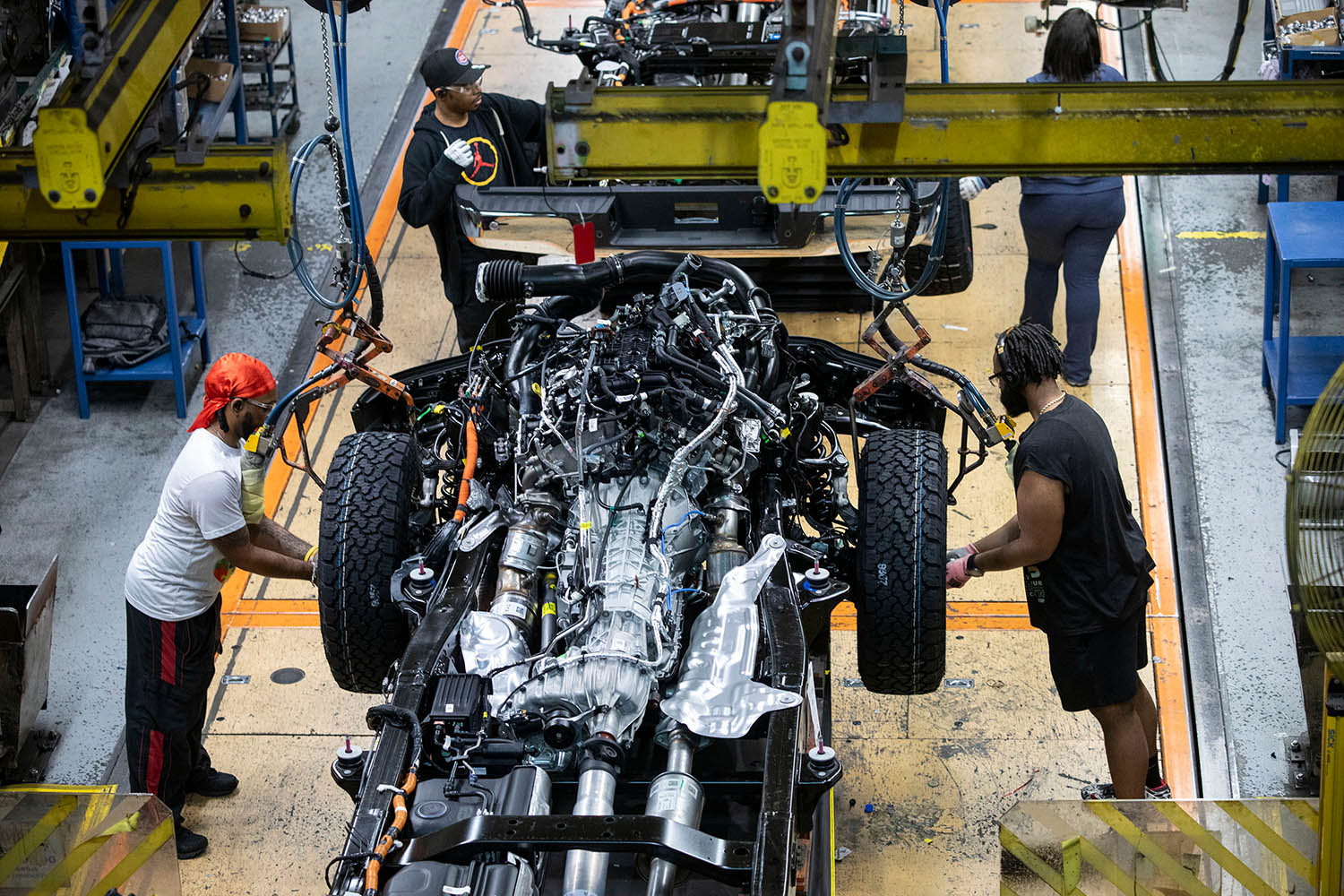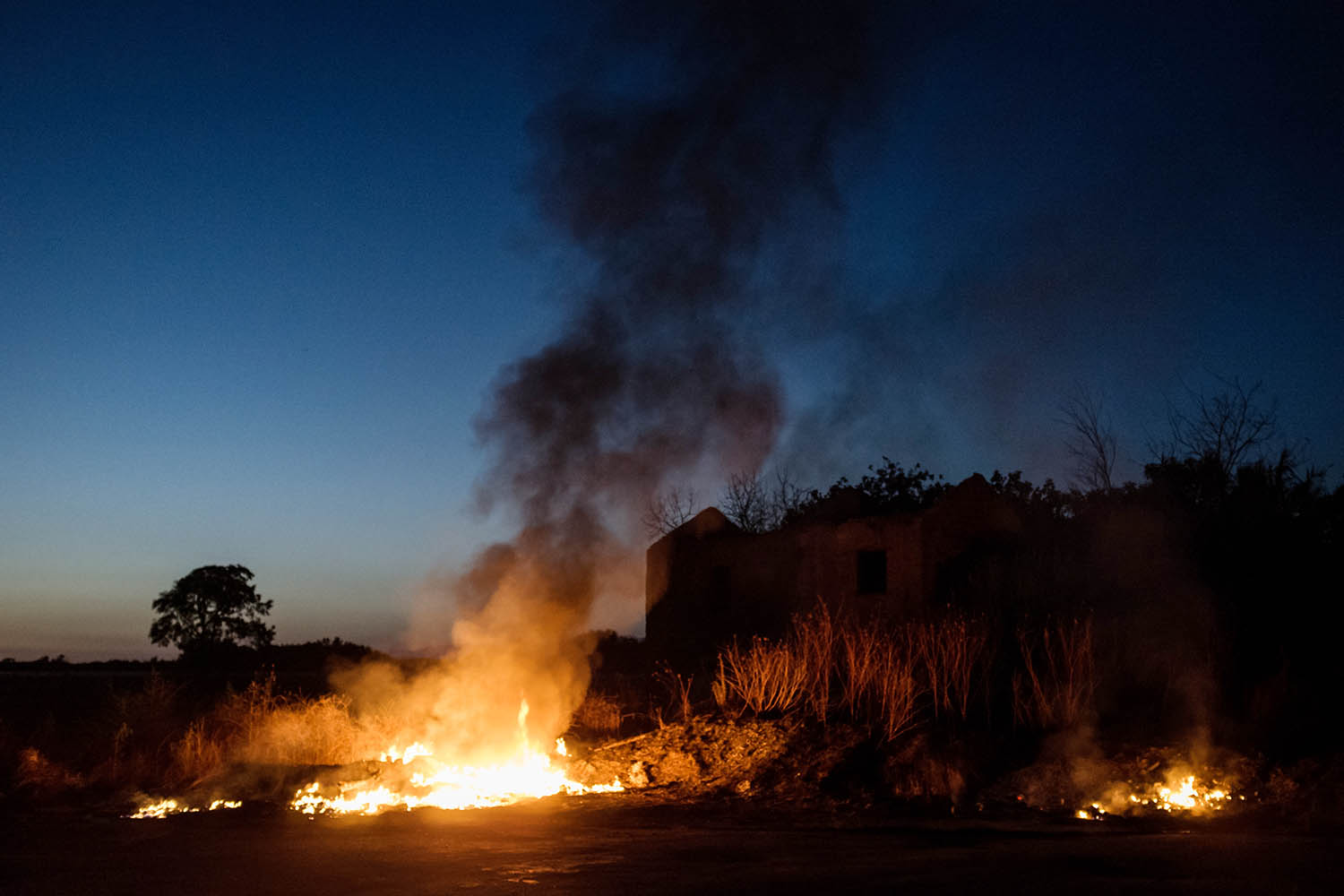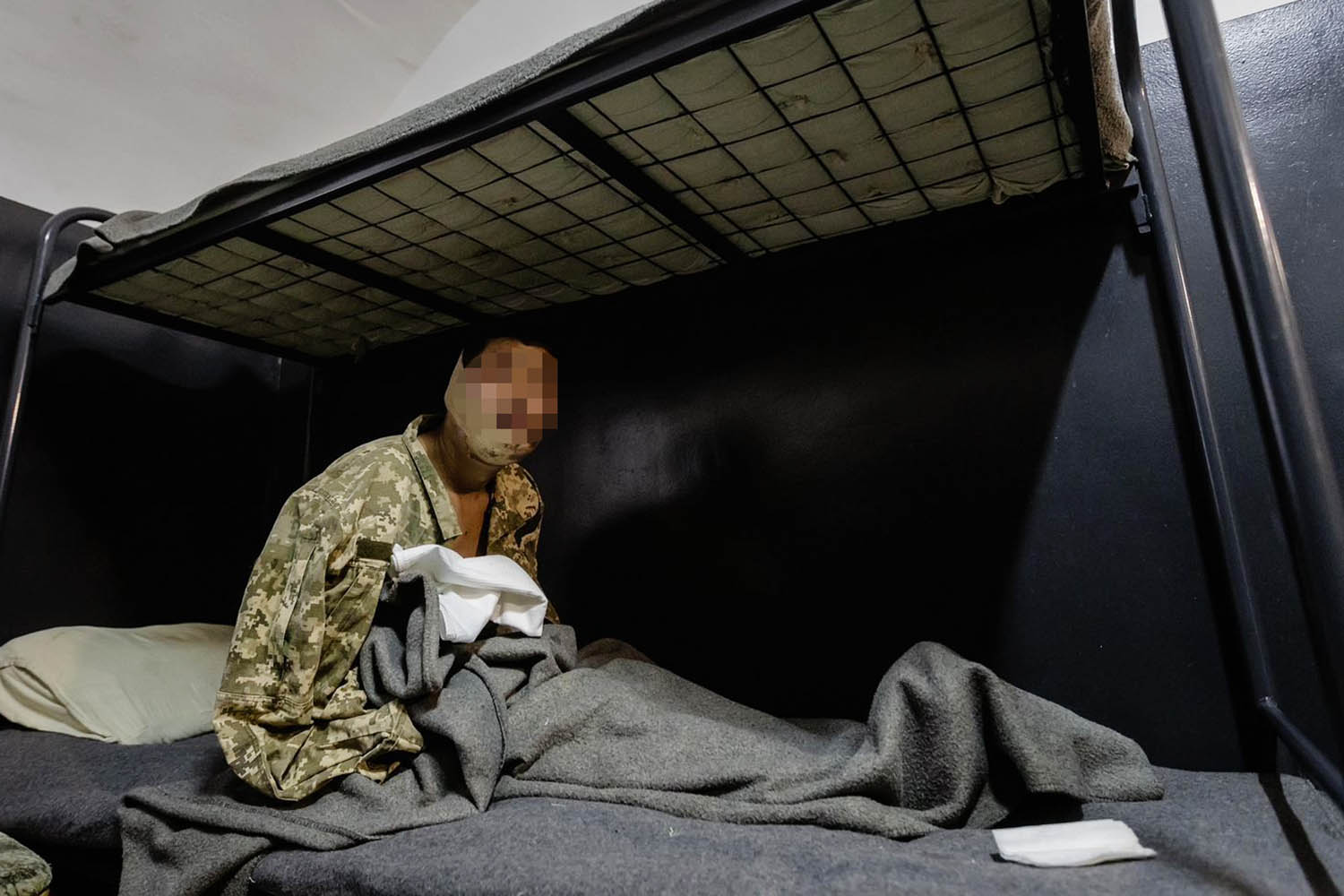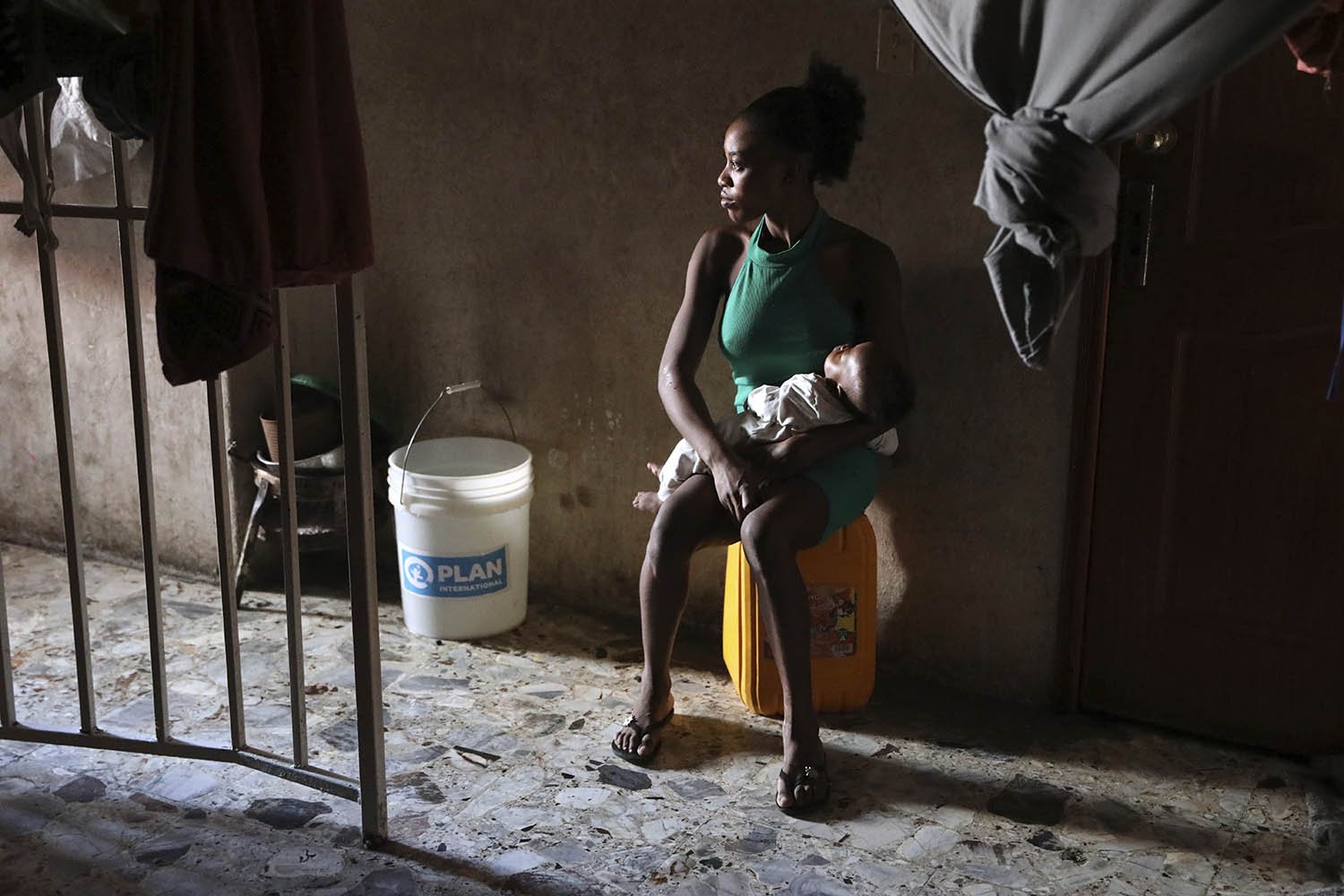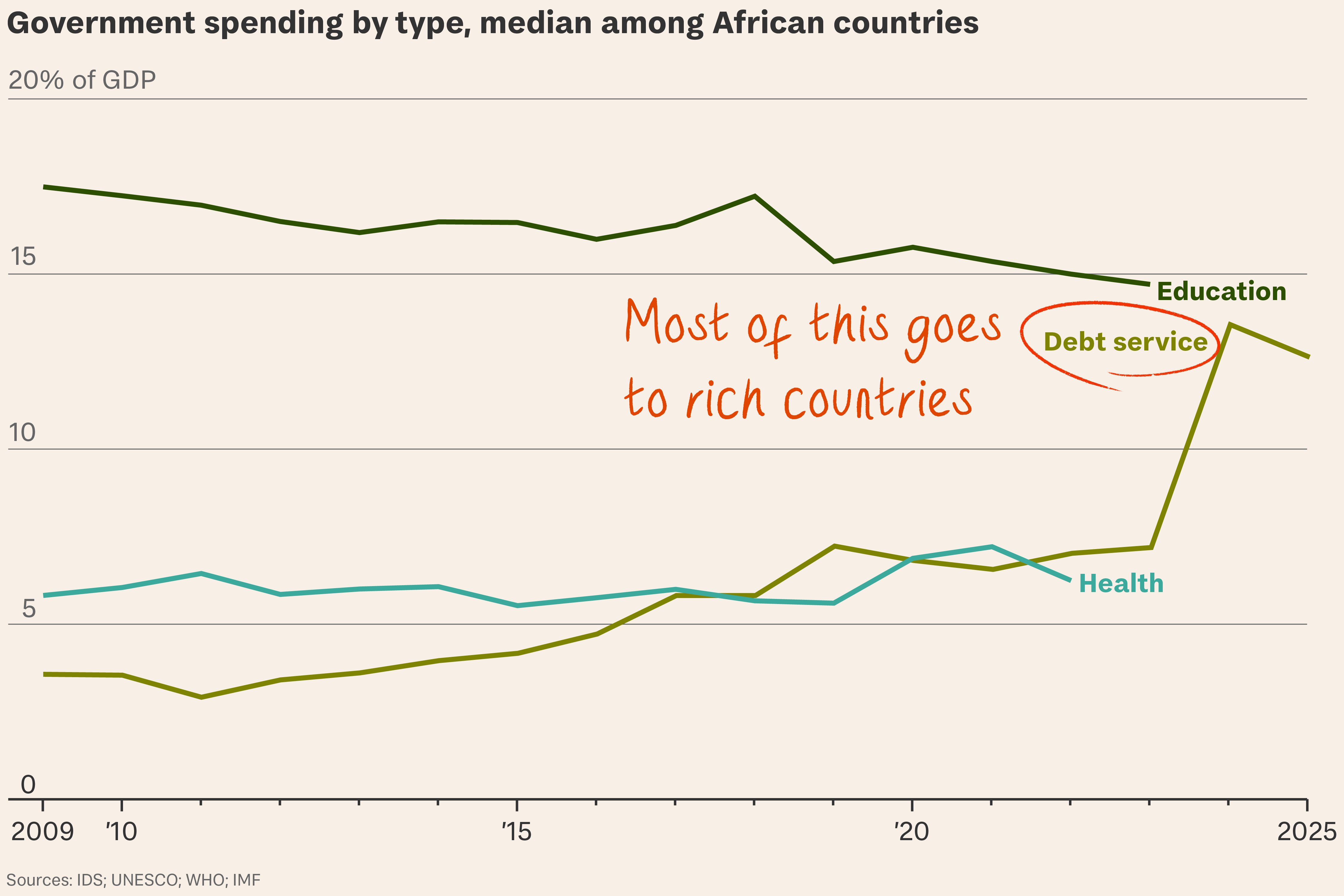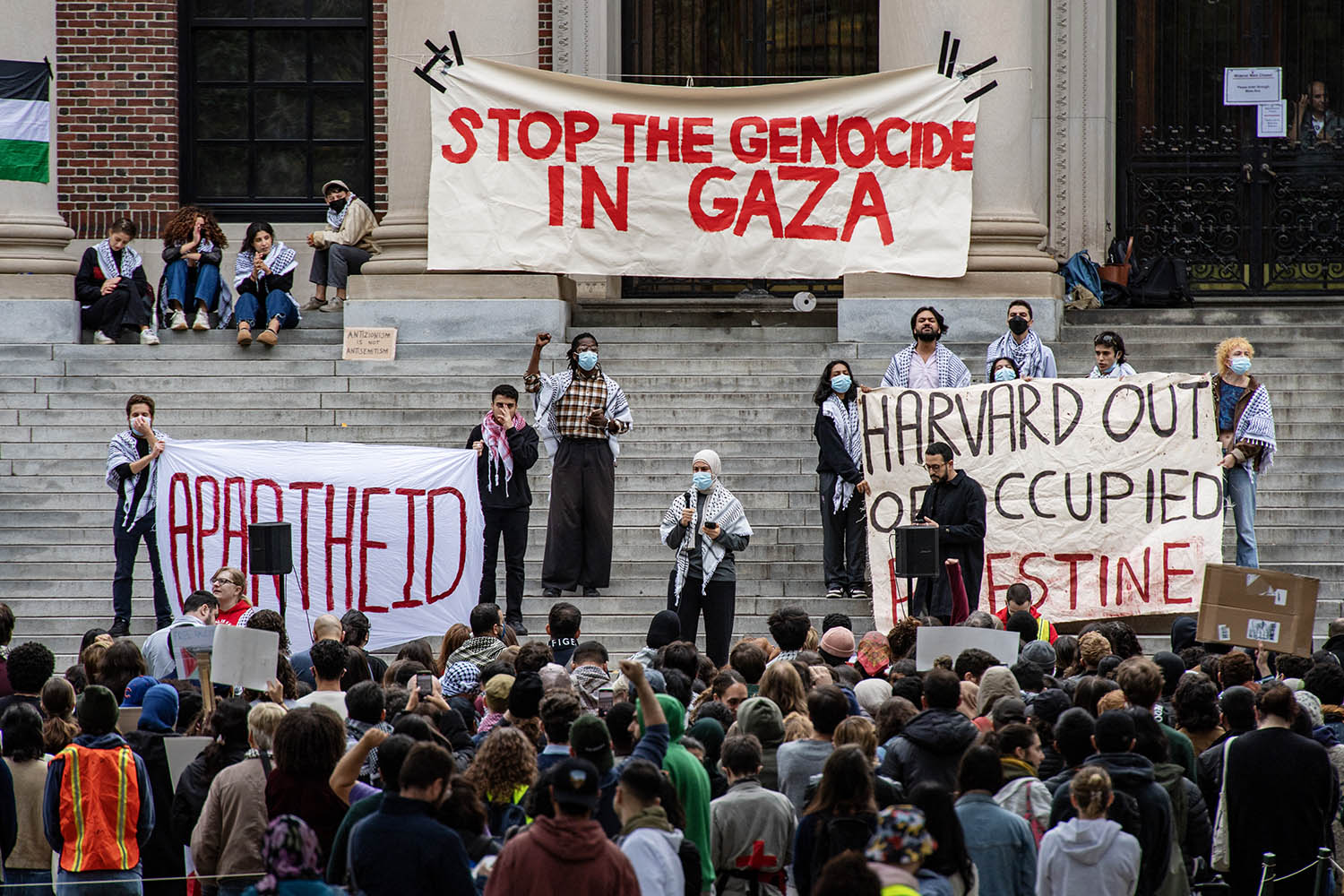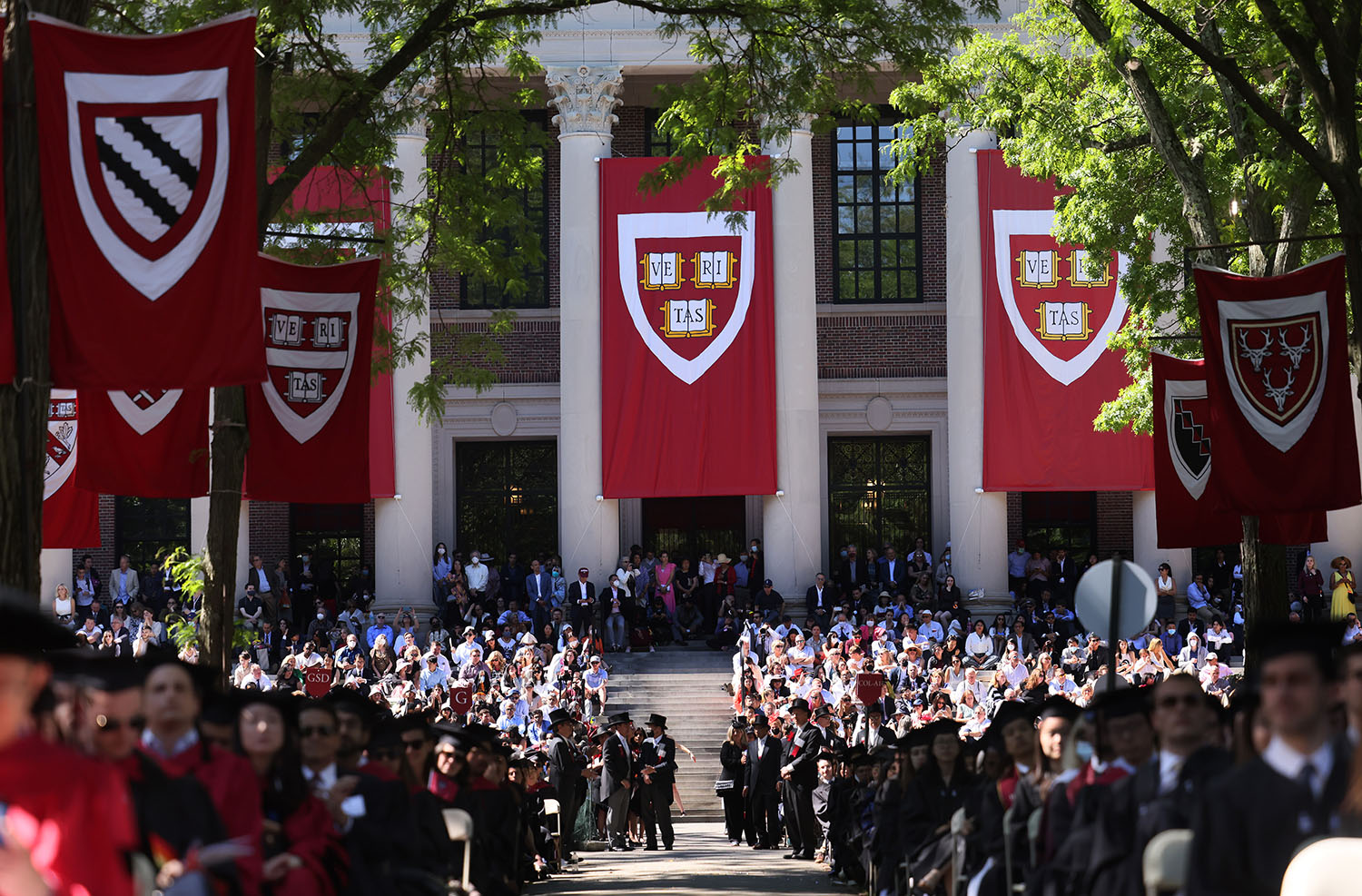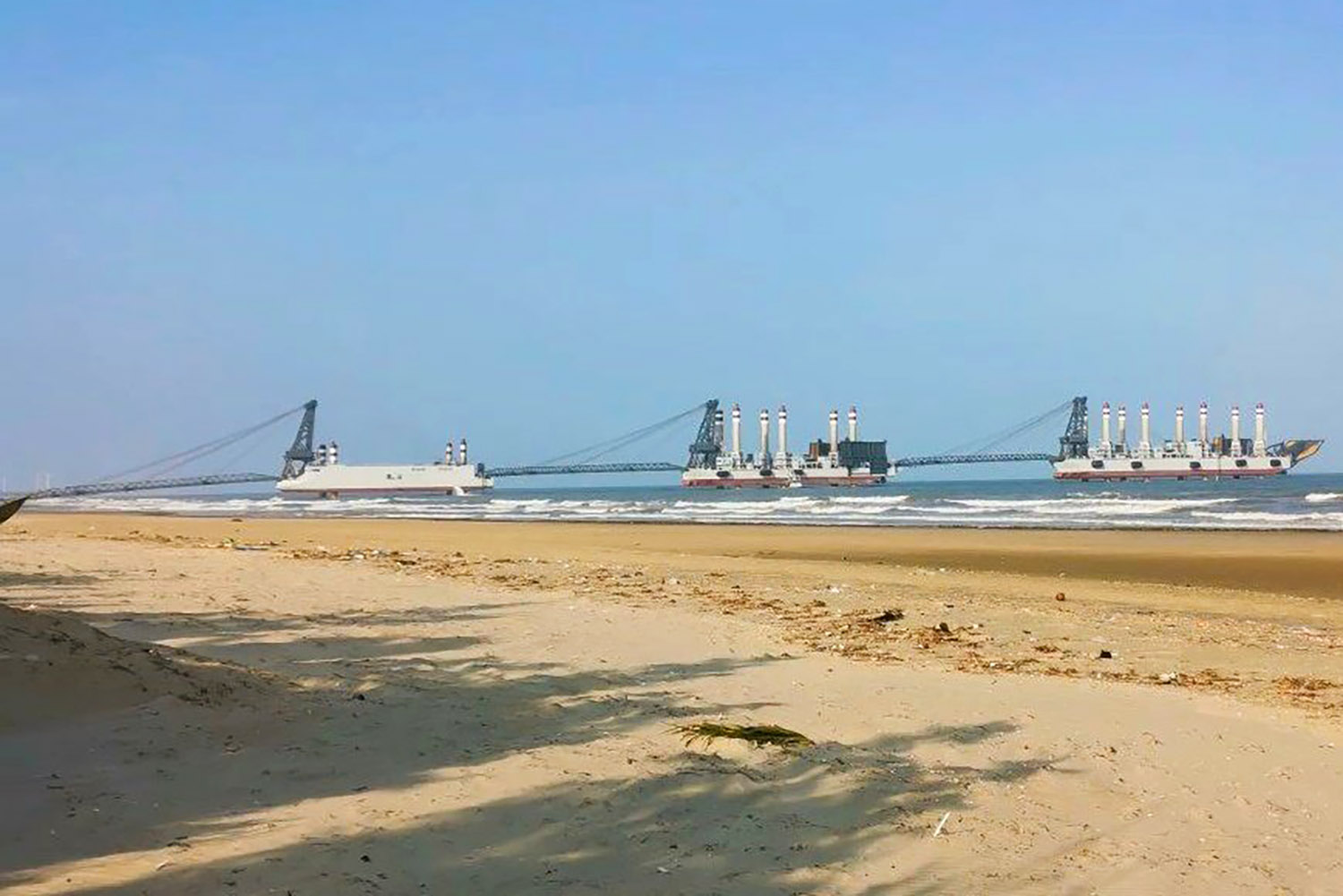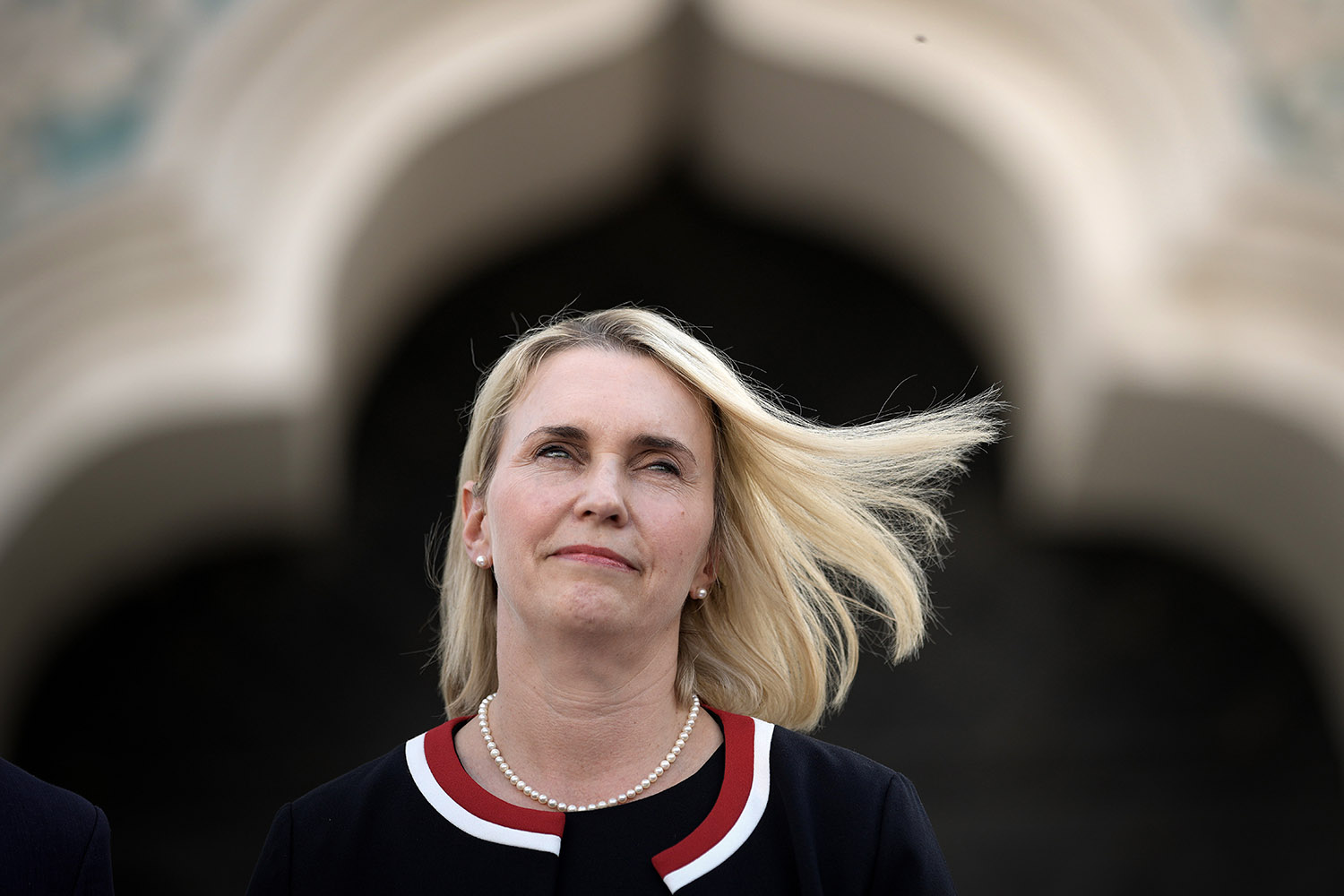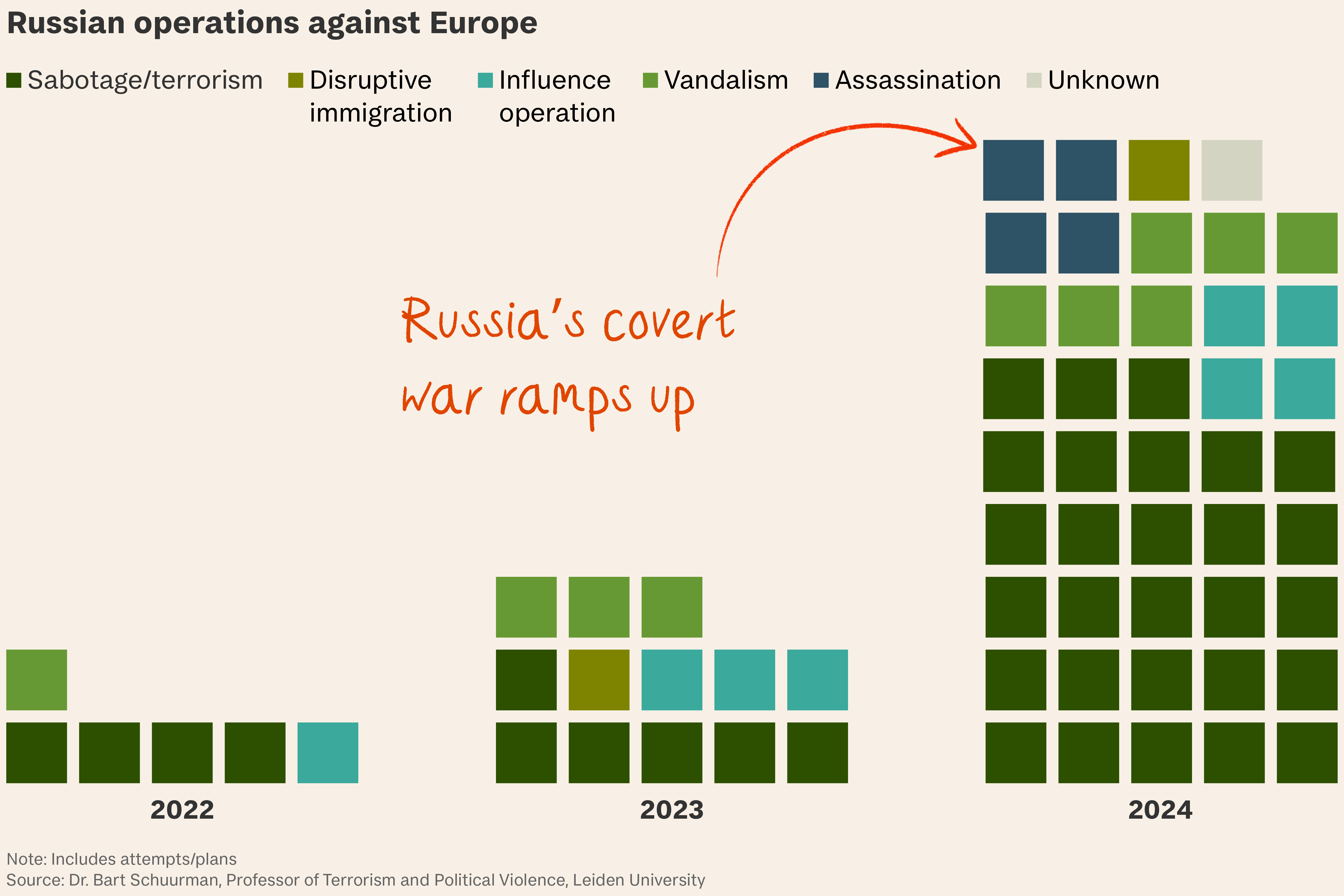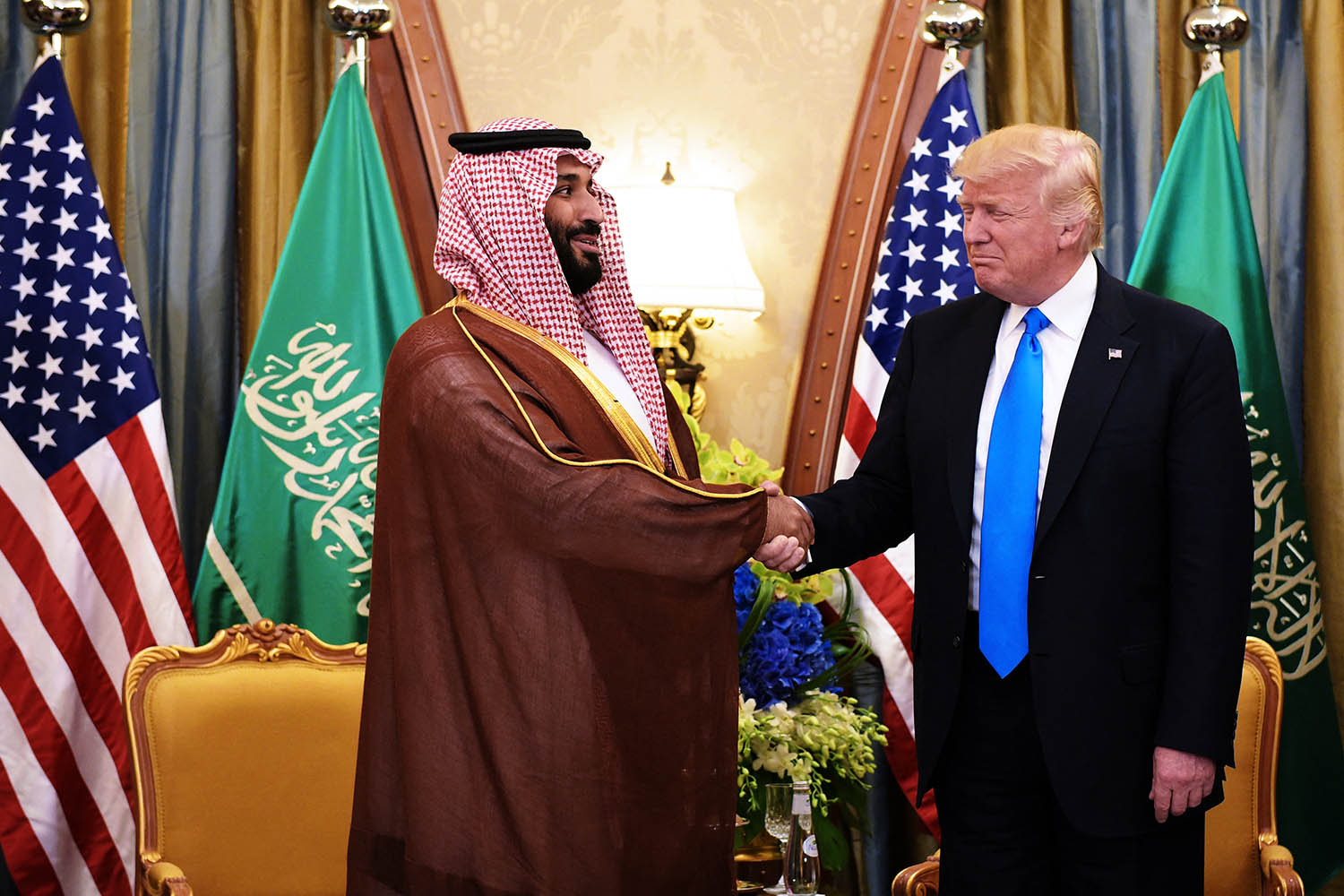
Trump wants normalisation of relations too, but there will have to be concessions for Palestinians
Steve Witkoff was in Saudi Arabia on 28 January on his first visit to the region as US Middle East envoy since Donald Trump began his second term as US president.
So what? His diary was packed. In addition to talks with Crown Prince Mohammed bin Salman in Riyadh, Saudi officials reportedly facilitated a meeting with Hussein al-Sheikh, a senior advisor to Palestinian president Mahmoud Abbas. Witkoff went on to Israel on 29 January where his itinerary included a visit to Gaza as attention turned to the crucial second phase of the ceasefire.
Abraham 2.0. While Qatar was the mediator for the six-week ceasefire and hostage release agreement between Israel and Hamas that began on 19 January, Witkoff’s trip shows how what comes next in Gaza connects with the Trump administration’s aim to broker a Saudi-Israeli normalisation deal:
- Jason Greenblatt, Middle East envoy in Trump’s first term, told the Doha Forum in December that Trump would want to expand the Abraham Accords he oversaw and signed in 2020.
- The Biden administration engaged in months of dialogue with Saudi counterparts over the components of a US-Saudi agreement to establish political and diplomatic relations with Israel.
- Mohammed bin Salman told Fox in September 2023 that “every day, we get closer” to a “historical” deal, but the price for Saudi Arabia has risen considerably since the Gaza war began.
Saudi positions. The Palestinian component of any Saudi-Israeli agreement to normalise relations has been a consistent sticking-point. Other issues are largely in place, among them
- US support for a Saudi nuclear energy programme;
- a closer defence relationship; and
- formal security commitments from the US to Saudi Arabia.
What remains unresolved is the level of Israeli commitment, underpinned by concrete measures, to a pathway for Palestinian statehood that Saudi Arabia can secure as part of a deal.
Cradle of Islam. Public anger across the Arab world at the destruction in Gaza and deteriorating conditions in the West Bank mean that normalisation is a card Saudi officials can play only once. The decision by the UAE and Bahrain (as well as Morocco) to enter the Abraham Accords in 2020 did not benefit the Palestinian cause, but Saudi Arabia’s position as the cradle of Islam and Mohammed bin Salman’s desire to lead the Arab world on regional issues mean he must be seen to secure meaningful Israeli concessions.
At a minimum, the Saudi leadership will
- expect Benjamin Netanyahu to follow through with the second phase of the ceasefire agreement, and
- count on Trump to maintain pressure on both sides to honour commitments to establish a permanent end to the war and full Israeli withdrawal from Gaza.
The Trump factor. Trump wants a foreign policy win that re-establishes his deal-making credentials and plays to his belief that he alone can accomplish breakthroughs that eluded his predecessors. This includes securing a Saudi-Israeli deal after the Biden administration’s efforts fell short – and the political constraints facing Netanyahu’s coalition may present an opportunity for Mohammed bin Salman:
- Should the Saudis make normalisation conditional on specific Israeli steps toward Palestinian statehood, the onus will be on Netanyahu to deliver a deal.
- In that event any breakdown or failure to produce an agreement could leave Trump pointing the finger of blame at Israel rather than the Saudis.
Regional leadership. Since 2023, Saudi officials have coordinated policy on Gaza through multilateral organizations such as the Arab League and the Organization of Islamic Cooperation. Balancing ambitions to lead the region with the need to engage on a transactional basis with the White House will test Saudi diplomacy.
What’s more… It will test Mohammed bin Salman’s personal relationship with Trump. That the president’s son-in-law accepted a $2 billion Saudi investment in his finance firm in 2021 cannot hurt.
Kristian Coates Ulrichsen is a fellow for the Middle East at Rice University’s Baker Institute for Public Policy in Houston

